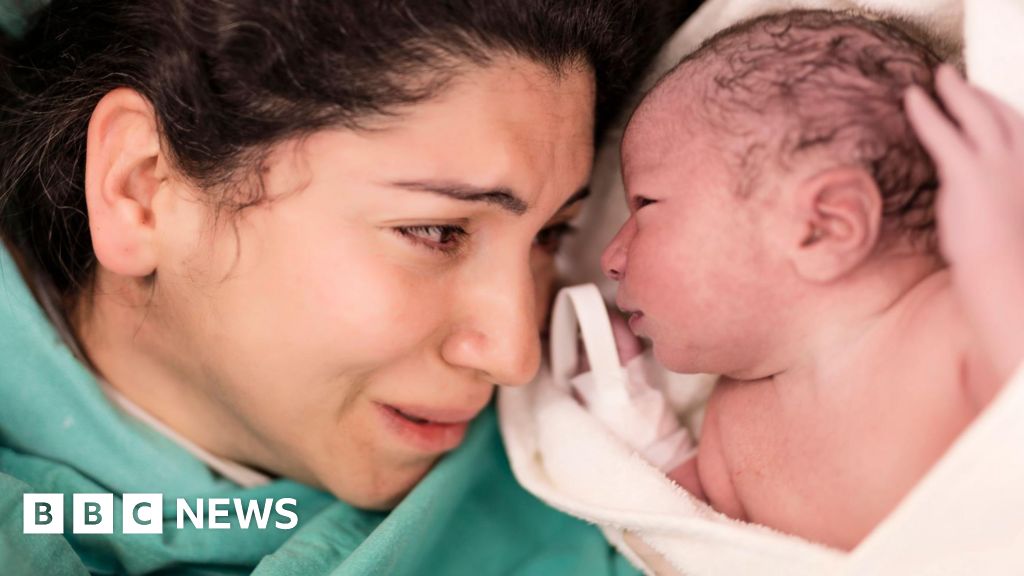Coffee consumption can help lower the incidence of type 2 diabetes (T2D), according to a recent study published in Clinical Nutrition and financed by the Institute for Scientific Information on Coffee (ISIC). This is mediated through variations in inflammatory biomarkers in the body. The study examined the underlying mechanisms by which coffee drinking may aid to reduce T2D risk and discovered that lower subclinical inflammation may partially explain the association.
T2D is partly considered an inflammatory disease, thus by researching coffee’s effect on inflammation biomarkers such as C-reactive protein (CRP), which increases when there is inflammation in the body, the study sought to understand the underlying mechanisms linking higher coffee consumption with a lower risk of T2D3-9. Using data from the UK Biobank (n=145,368) and the Rotterdam Study (n=7,111), researchers confirmed that a one-cup per day increase in coffee consumption was associated with a 4-6% lower risk of T2D. It also predicted further possible favourable impacts such as lower insulin resistance, lower CRP, lower leptin, and higher adiponectin concentrations in cohort participants. Adiponectin is a hormone that regulates glucose and lipid metabolism, which has been shown to have anti-inflammatory and insulin-sensitizing effects, and leptin is a hormone that regulates food intake and energy homeostasis.
A one-cup per-day increase was measured against individuals` varying daily consumption rather than a set baseline. Daily consumption within the study cohort ranged from 0 to ~6 cups of coffee per day, with findings suggesting benefits from an extra cup per day regardless whether individuals fell at the lower or higher end of that range.Data from the UK Biobank cohort also suggested that the manner in which coffee is prepared may impact its health benefits. Filtered or espresso coffee had the strongest beneficial association with lower T2D risk and CRP concentrations, alongside being a non-smoker.
The study is authored by a team led by Dr. Trudy Voortman, PhD, Associate Professor in Nutritional Epidemiology at Erasmus University Medical Centre Rotterdam, with Dr. Carolina Ochoa-Rosales, PhD, Postdoctoral Scientist at the same institute, as the primary author of the study. Dr Voortman said, “Coffee is one of the most frequently consumed beverages worldwide and its potential health effects trigger significant scientific research. Previous studies have linked higher coffee consumption to a lower risk of developing T2D but underlying mechanisms remained unclear. Our research shows that coffee is associated with differences in the levels of inflammation biomarkers in the body, and as we know that T2D is partly an inflammatory disease, this could be one of the mechanisms at play. These findings could also support future research into the effects of coffee on other inflammation-related chronic diseases.”The research complements the existing body of evidence on the association between coffee consumption and a lower risk of T2D, which may contribute to the development of guidance on how nutrition and lifestyle changes support reduction strategies for non-communicable diseases like T2D.













































